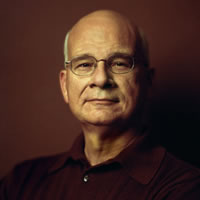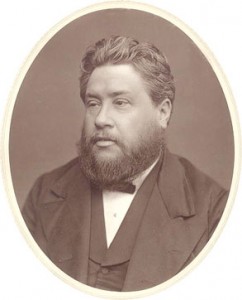
Why I Am an Evangelical First
For I delivered to you as of first importance (emphasis mine) what I also received: that Christ died for our sins in accordance with the Scriptures, that he was buried, that he was raised on the third day in accordance with the Scriptures.
1 Cor 15:3-5 (ESV)
In the Charismatic Episcopal Church (C.E.C.), we adhere to the biblical, historic theology of convergence. Convergence theology affirms the person and work of the Spirit (Charismatic), the beauty of Christ and his finished work on the Cross (Evangelical), and the historic church’s sacramental worldview with its Eucharist-centered life and Trinitarian worship (Sacramental).
I affirm convergence theology as the model and practice of the Book of Acts and the early church. However, the Charismatic and Sacramental streams are subservient to the message of the Good News. Why place the Evangelical stream at the head? We cannot enjoy the sacraments and the presence of the Holy Spirit unless we have experienced Christ first in all his saving work. We must be saved before we can know the indwelling presence of the Holy Spirit and experience the fullness of Christ at the Table of the Lord (1 Peter 1:3-5).
Therefore, I am grateful for Evangelicalism for without this movement, I would not have known the justifying grace of God. The Evangelical message is the message that saves, delivers, and heals. Evangelicalism preaches the Biblical gospel:
The gospel is the good news that God in Christ has come into the world and by his life, death, burial, and resurrection has conquered my greatest enemies: the world, the flesh, sin, death and the devil. This gospel calls forth a response of faith and repentance. Our response allows the Holy Spirit to transforming our entire beings making us a new creations in Christ.
In summary: the gospel is salvation is by grace alone through faith alone in Christ alone.
So what is Evangelicalism or the Evangelical stream? Listed are two definitions: the first, focuses on Evangelical belief, and the second, identifies Evangelicalism’s historic roots.
An evangelical is someone who embraces the solas of the Reformation (salvation by grace alone, through faith alone, in Christ alone, to the glory of God alone, according to Scripture alone), resonates with the emphasis on the new birth and the reviving work of the Spirit found in the Great Awakening, believes in the complete trustworthiness of the Bible contra the liberals and modernists, accepts the responsibility of world evangelization and social engagement as modeled by countless missionaries and reformers, rejects the obscurantism that marked parts of fundamentalism, and, in distinction to the pragmatists and postmoderns, affirms the importance of doctrinal propositions and the knowability of truth.
Kevin DeYoung via Evangel blog
At its heart [evangelicalism] is a theological core shaped by the Trinitarian and Christological consensus of the early church, the formal and material principles of the Reformation, the missionary movement that grew out of the Great Awakening and the new movements of the Spirit that indicate “surprising works of God†are still happening today.
Timothy George, â€Foreword,†in The Advent of Evangelicalism
I am an Evangelical first and foremost because Christ and his finished work on the cross is the first and foremost message of the New Testament (1 Cor. 15:3-4). Christ comes first in the Christian life because Christ is “before all things, and in Him all things consist. And He is the head of the body, the church, who is the beginning, the firstborn from the dead, that in all things He may have the preeminence” (Col. 1:17-18 NKJV).
HT: Evangel blog at First Things





